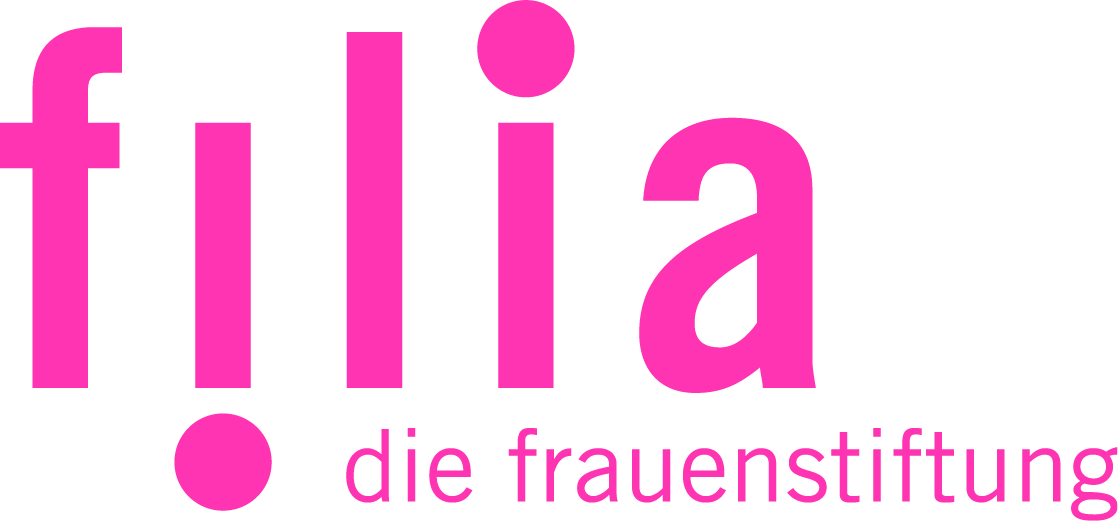Mothers with Children with Disabilities need Special Support
“We can see that we’ve actually done quite a few things within the last two years to facilitate our beneficiaries’ integration into local communities, to ease their stress and fears, to regain some sense of security, self-esteem, and hope.“
The Polish organization Patchwork cares for migrant and refugee families with children with disabilities. Patchwork started as a self-help group and has been a registered non-profit organization since March of 2022. Initially, the group supported migrant families from a variety of countries: e.g. Belarus, Russia, Armenia, Moldova and Ukraine. Since Russia’s attack on Ukraine, the focus has been on Ukrainian refugee mothers with children with disabilities. This is of course due to the fact that the number of Ukrainian refugees in Poland has risen sharply since February 2022.
Mothers with children with disabilities have special challenges
Patchwork currently supports over 200 Ukrainian families. Many of the beneficiaries are single mothers for whom it is a great challenge to integrate into the new reality. Caring for a child with disability is a huge challenge even in a safe and familiar environment. For example, the child needs a special diet. It may need to be fed via a tube. In addition, many children with disabilities are dependent on aids such as wheelchairs, special seating aids and beds. Children who are developmentally delayed or neurodivergent also have special needs. They may need special toys or aids to help them regulate and calm down. Everyday family life is often determined by therapies and many medical appointments.
If such families have to flee with their children, they often face extraordinary hurdles. On the one hand, fleeing is a traumatizing event in and of itself that demands a lot from the people affected. Women and children in particular are especially vulnerable when fleeing and often experience violence. On the other hand, once they are safe, they are left without the support and care services that are so important to them. Necessary aids had to be left behind when they fled. Language barriers make it difficult to access doctors to obtain vital medication. The mothers are alone in an unfamiliar environment. Gone are all the familiar people they might entrust their child to in order to take care of the many applications – or simply to sit and have a cup of tea.
Counseling and therapies
This is where Patchwork’s work comes in. As many of the organizations’ employees are themselves parents of children with disabilities, they are particularly sensitive to the difficulties of their clients. With filia’s support, the position of a family assistant was created. This has enabled the organization to offer significantly more consultations. For example, the employee helps to apply for social assistance, disability cards and medical aid. She also helps to enroll children in the Polish special school system. Of course, the organization also provides advice on asylum issues and helps with finding accommodation.
With filia’s support, Patchwork was also able to better adapt their own premises to the needs of their clients. Firstly, they were able to convert a toilet to make it wheelchair accessible. Secondly, they were able to purchase equipment, mats and toys for their rehabilitation hall. The hall is used for individual and group therapies. They were also able to equip a children’s room with furniture and toys, where children are looked after while their mothers attend counseling sessions or courses.
Allowing mothers to be themselves
Patchwork supports the mothers with a varied course program. They offer language courses and work training to facilitate integration into Polish society. However, it is important that Patchwork not only focuses on practical issues, but that the employees also keep an eye on the emotional needs of their clients: “We hope that over the last couple of years we have succeeded in reducing their fears and insecurities and giving them hope. That was and is one of our main goals – to help the carers ([…] mainly women) to feel safe and protected, not to be alone, to be part of the community, to realize their potential, to fulfill some of their dreams, to give them a sense of belonging, […] to allow them to be themselves, to distract themselves at least partially from the day-to-day medical problems of their disabled children and just to give them hope and some happiness.”

filia supported Patchwork as part of the #StandwithUkraine campaign. As part of this campaign, five organizations in Ukraine and its neighboring countries were supported, which either work in Ukraine to protect and support particularly vulnerable groups or for Ukrainian refugees who belong to marginalized groups.
On Patchwork’s Instagram and Facebook page you can see a variety of photos of the organization’s work.




